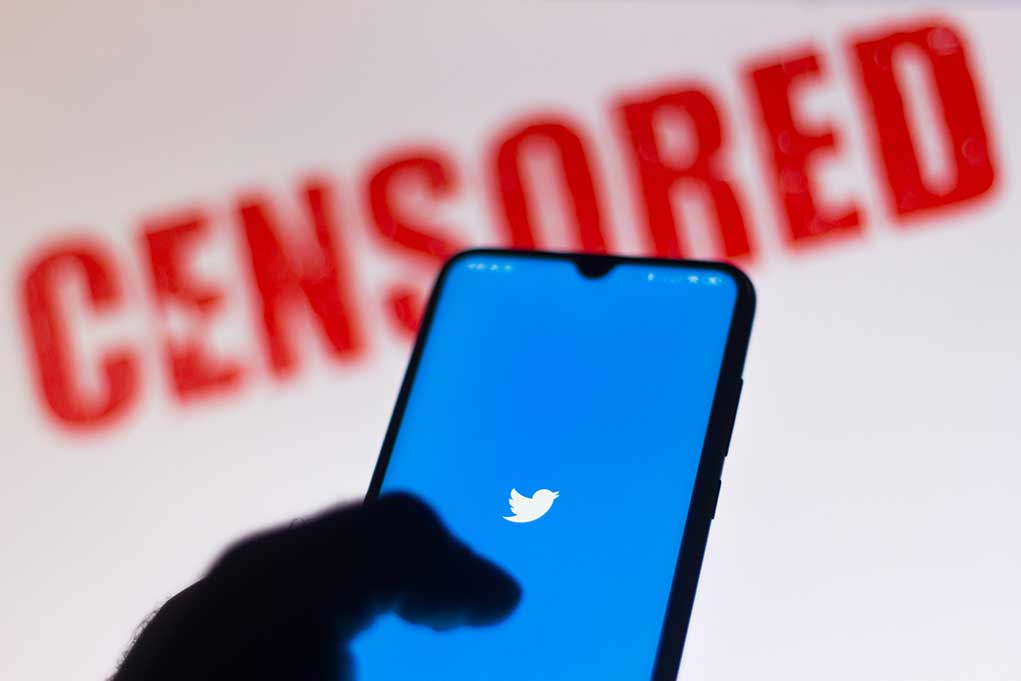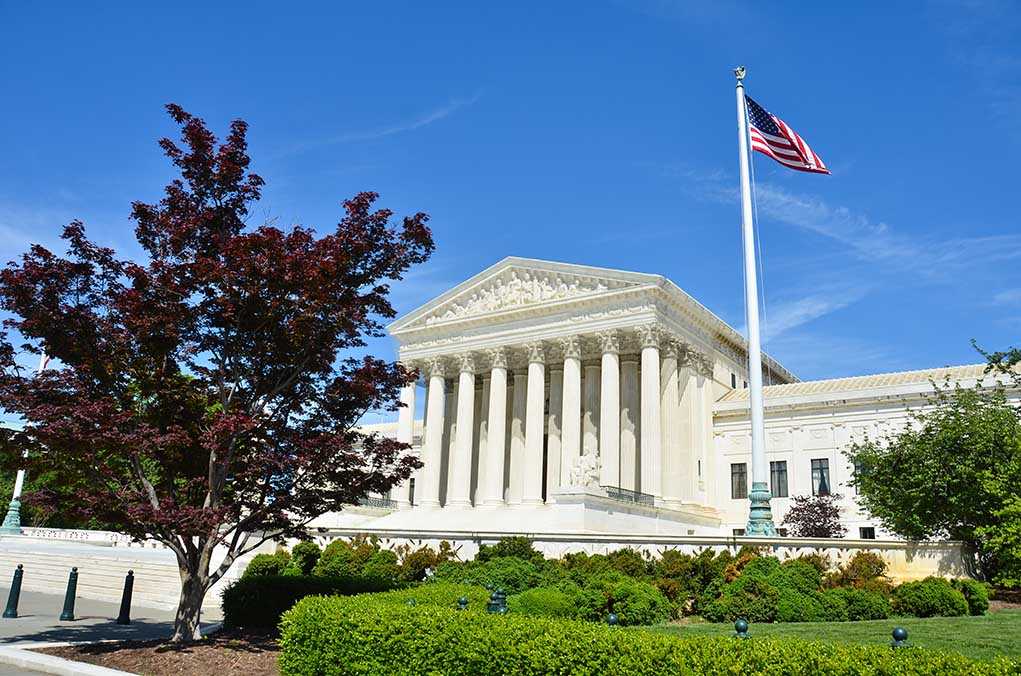
Secretary of State Marco Rubio is closing America’s doors to foreign officials who censor Americans online, in a bold defense of free speech that draws a line in the sand for countries trying to silence U.S. citizens on social media platforms.
Key Takeaways
- The State Department will deny visas to foreign officials who block or censor Americans’ social media posts on U.S. platforms
- The policy targets foreign authorities who issue arrest warrants or demand content moderation from American tech companies
- Secretary Rubio specifically hinted at potential sanctions against Brazilian Supreme Court Judge Alexandre de Moraes for actions against Elon Musk’s platform X
- The measure is based on Section 212(a)(3)(C) of the Immigration and Nationality Act, which allows visa denial for adverse foreign policy impacts
- The Trump administration has criticized European nations, including Germany and Britain, for their restrictions on online speech
America First Approach to Digital Freedom
In a decisive move reinforcing President Trump’s America First doctrine, Secretary of State Marco Rubio has implemented a new visa restriction policy targeting foreign officials who attempt to suppress American free speech online. The measure takes direct aim at government authorities abroad who have increasingly sought to regulate, censor, or punish U.S. citizens for their social media posts on American platforms. This represents a significant departure from previous administrations’ approaches to online speech and establishes clear boundaries for foreign interference in American constitutional liberties.
Rubio’s announcement emphasizes that the State Department will deny entry to foreign officials who issue arrest warrants or demand that American tech platforms adopt global content moderation policies that reach into the United States. The policy extends to these officials’ family members in certain cases, creating powerful personal consequences for those who would attempt to curtail Americans’ online expression. This stands in stark contrast to the previous Biden administration, which critics say did little to protect American speech rights from foreign interference.
For too long, Americans have been fined, harassed, and even charged by foreign authorities for exercising their free speech rights.
Today, I am announcing a new visa restriction policy that will apply to foreign officials and persons who are complicit in censoring Americans.…
— Secretary Marco Rubio (@SecRubio) May 28, 2025
Drawing a Line Against Global Censorship
Secretary Rubio was explicit in his condemnation of foreign censorship attempts, particularly highlighting the ongoing conflict with Brazilian authorities. “It is unacceptable for foreign officials to issue or threaten arrest warrants on US citizens or US residents for social media posts on American platforms while physically present on US soil,” said Marco Rubio, Secretary of State. The statement directly references the brewing conflict with Brazilian Supreme Court Judge Alexandre de Moraes, who has taken aggressive action against Elon Musk’s X platform.
“It is similarly unacceptable for foreign officials to demand that American tech platforms adopt global content moderation policies or engage in censorship activity that reaches beyond their authority and into the United States,” added Secretary Rubio. This stance puts the U.S. at odds with several European nations that have implemented strict online speech regulations, particularly Germany with its laws restricting what they classify as hate speech and misinformation, which many conservatives view as thinly veiled political censorship.
JUST IN: U.S. to impose visa restrictions on foreign officials and persons who are complicit in censoring Americans: Rubio
Rubio added… "Foreigners who work to undermine the rights of Americans should not enjoy the privilege of traveling to our country. Whether in Latin… https://t.co/ONMWweLV6b
— Bruce Snyder (@realBruceSnyder) May 28, 2025
Legal Framework and Implementation
The new policy is grounded in Section 212(a)(3)(C) of the Immigration and Nationality Act, which provides the Secretary of State authority to deny visas to individuals whose entry could have adverse foreign policy consequences for the United States. By leveraging this existing law, the Trump administration has created a powerful tool to protect American digital sovereignty without requiring new legislation. The policy represents a significant realignment of State Department priorities toward protecting the constitutional rights of American citizens first.
“What this reveals is that the global liberal project is not enabling the flourishing of democracy,” stated Samuel Samson, State Department official. This pointed criticism highlights the Trump administration’s rejection of the progressive concept that limiting certain forms of speech is necessary for democracy, instead asserting that true democracy requires robust protection of all expression, especially political speech that challenges prevailing narratives.
The visa restriction measure comes alongside other actions by Secretary Rubio, including the suspension of visa appointments for foreign students until new guidelines on social media screening are established. This comprehensive approach signals that the administration is serious about enforcing its vision of free speech protection across multiple fronts. For conservatives who have long complained about unequal treatment on social media platforms, these steps represent a welcome defense of fundamental American principles against foreign encroachment.











